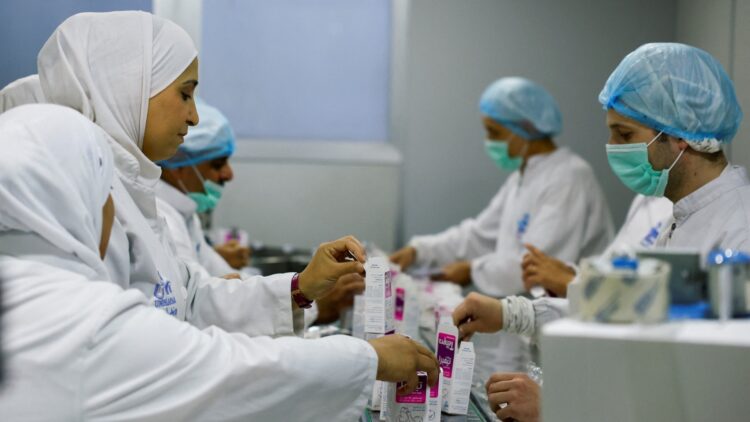A recent study has found that epigenetics present in the DNA of people diagnosed with type 2 diabetes can predict who is at highest risk of developing cardiovascular disease. This seven-year study, conducted by Swedish researchers, provides compelling evidence that DNA analysis can complement current clinical tools for predicting heart disease, offering a new perspective for medicine.
Epigenetic codes may reveal new way to predict heart risks
New findings from a Swedish study of people with recently diagnosed type 2 diabetes could help doctors identify those at low risk for developing cardiovascular diseases versus those at higher risk. Overall, people with type 2 diabetes are up to four times more likely to experience a heart attack, stroke, or another major cardiovascular event, compared to people without diabetes. The 752 volunteers in the new study all had new diagnoses of type 2 diabetes, and none had a history of heart disease. During roughly seven years of follow-up, 102 of them suffered serious cardiovascular complications.
By analyzing blood samples obtained from participants at regular intervals, the researchers were able to track chemical changes in DNA over time. Such changes, called DNA methylation, “control which genes are active or turned off in our cells, and when it does not work properly, it can contribute to the development of cardiovascular disease,” study leader Charlotte Ling of Lund University said in a statement. The researchers found more than 400 sites with altered DNA methylation in blood.
They were able to use 87 sites to develop a score scale that can assess patients’ risk of developing serious cardiovascular complications. The scale’s negative predictive value – its accuracy at identifying patients at low risk of a major cardiovascular event – was 96%, researchers reported in Cell Reports Medicine. But the scale was only about 32% accurate at identifying patients at high risk – possibly because the study has not yet followed them for a long enough period. Still, the researchers wrote, their screening test “seems to be one of the most reliable prognostic tools” for discriminating patients with type 2 diabetes at low cardiac risk from those at possibly high risk, “allowing personalized treatment, optimized healthcare costs, and reduction of therapy-related side effects and patients’ worries.”
Treatments can be personalized, reducing healthcare costs
This new study offers a more accurate approach to identifying high- and low-risk patients, reducing the need for aggressive interventions and unnecessary testing. While high-risk detection still requires slightly longer studies to gain accuracy, the tool already shows promise and can now be used as a complement to traditional methods. In the future, this will help doctors balance intensive treatment, applying it only when truly necessary.
Healthcare providers currently look at clinical variables such as age, gender, blood pressure, smoking, harmful cholesterol, long-term blood sugar and kidney function to estimate the risk of future heart disease, “but it is a rather blunt tool,” Ling said. A natural compound in the syrup from maple tree sap can help fight tooth decay, according to new findings that might lead to oral care products with no alcohol and fewer chemicals, researchers said.
Epicatechin gallate (ECG) from maple syrup emerges as a safe alternative for preventing tooth decay
The compound known as epicatechin gallate, or ECG, prevents cavity-causing bacteria from growing on teeth and “is a powerful and safe alternative to traditional plaque-fighting agents,” the researchers said in a statement.
Prevention will be more effective thanks to advances in biotechnology
This new discovery exemplifies how research into natural compounds and the development of biotechnology can offer alternative, less invasive, and safer treatments, even for common health problems.
These two new discoveries—the mapping of epigenetic signatures and the use of natural compounds such as ECG—show that disease prevention and treatment are entering a new era. Integrating these discoveries into everyday clinical practice could save lives, optimize resources, and offer more personalized care.
GCN.com/Reuters


